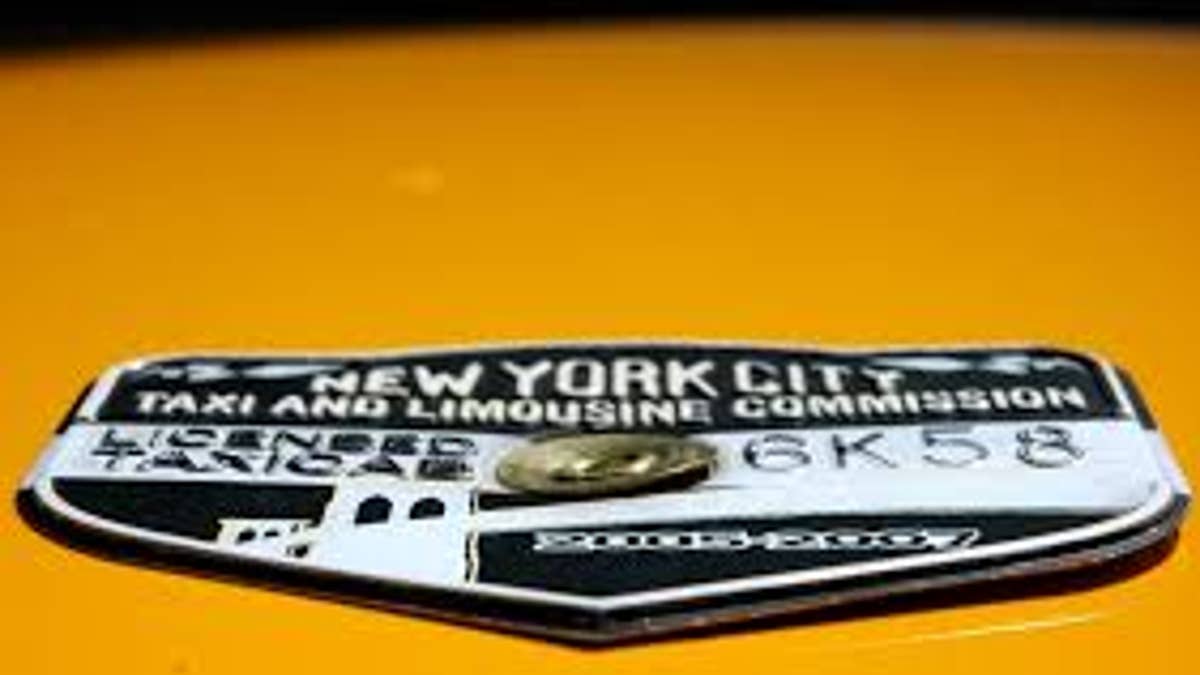
Attracted by quicker dispatch times and overall convenience, more and more riders have been ditching cabs for Uber and Lyft. Facing greater competition, the medallions to own or lease taxis, which were once an investment that outpaced gold and the Dow, are now freefalling nationwide.
The medallion crash is providing an abject lesson in the folly of central planning. Thanks to this artificial scarcity created by the government, in 2013 all taxi medallions and related assets were worth $2.5 billion in Chicago and $16.6 billion in New York City, according to Medallion Financial, a publicly traded company that specializes in financing taxi medallions. (Tellingly, its CEO, Andrew Murstein, once called taxis “little cash cows.”)
Now those cash cows are getting gored by Uber and Lyft. Uber estimates it now has nearly 35,000 monthly drivers in Chicago, almost triple the number of active taxi chauffeur licenses in the city. In Manhattan’s core, Uber gained 3.82 million pickups, while yellow taxis lost 3.83 million rides. Uber also expanded its pickups in the outer boroughs, leading to dramatic service increases in Brooklyn and Queens.
Increased competition is even benefiting those who continue to hail cabs. Research presented at the American Economic Association found that ride-hailing has “encouraged taxis to improve their own service in response to the new competition.”
Amid this freer marketplace, the taxi industry is facing serious disruptions. Last year, the average price for a medallion in Chicago was less than $230,000, a drop of 30 percent from the previous year. Several medallions went for as low as $150,000. Boston saw the average price for its medallions fall by 40 percent last year. In New York City, an individual taxi medallion once surpassed $1 million in 2014. But by March, medallion value had plunged 45 percent, as Medallion Financial revealed in SEC filings.
But many in the taxi industry refuse to adapt and instead have filed lawsuit to defend what remains of their cartel. After losing in New York state court, two associations that say they represent roughly 4,000 medallion owners sued New York City and its Taxi and Limousine Commission in federal court. The taxi lobby in Miami-Dade County, Fla. even filed a class-action lawsuit seeking $1 billion in damages for “significantly devalued” medallions in May.
In Chicago, the Illinois Transportation Trade Association, a group composed almost entirely of medallion owners and corporate affiliates, took the city to court, demanding “just compensation” for lost medallion value under the Fifth Amendment -- the same constitutional provision intended to recompense property owners affected by eminent domain.
Competition is not theft. On behalf of rideshare drivers, the Institute for Justice, a public interest law firm, intervened in the case. Last September, a federal court dismissed the Association’s taking claim, though that ruling was appealed in May.
Yet that decision hasn’t stopped one Chicago alderman from proposing a bailout. Under a plan proposed by Ald. Ray Lopez, the government would buy back taxi medallions at a set price, with the city taking $2.5 million from taxpayers and levying new fees on both taxi drivers and rides taken through ride-hailing apps to fund the bailout.
Instead of propping up a moribund regulatory regime, lawmakers should instead act to scrap the medallion system entirely. In Minneapolis, five years after the city deregulated its taxi market, the number of licensed taxis and cab companies doubled. More recently, both Milwaukee and San Diego lifted their caps on cabs in 2014. Prior to reform, a taxi permit even cost more than a house in Brew City. Other cities should follow and liberalize their taxi markets.








































